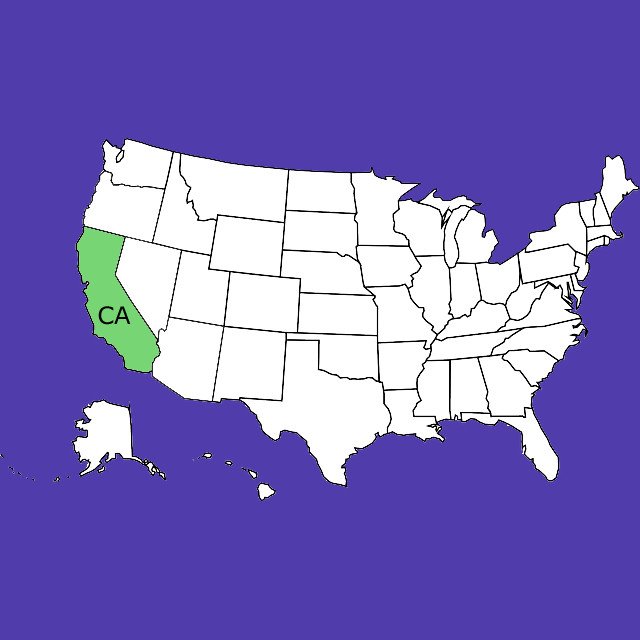Author: Ian A. Stewart
Several cannabis-related bills were signed by California Governor Gavin Newsom on September 18, 2022, including Assembly Bill 2568 (AB 2568), which clarifies that it is not a crime for individuals and firms licensed by the California Department of Insurance (CDI) to provide insurance or related services to persons licensed to engage in commercial cannabis activities. Though the California Civil Code was amended in 2018 to clarify that cannabis is the legal object of a contract, and it has been tacitly understood that insurance contracts are legal in California, the intent of this new law is to remove any uncertainty and to encourage further growth of admitted insurance products for California cannabis businesses.
AB 2568 adds section 26261 to the California Business and Professions Code, which states in relevant part: “An individual or firm that is licensed by the Department of Insurance does not commit a crime under California law solely for providing insurance or related services to persons licensed to engage in commercial cannabis activity pursuant to this division.”
Intent of the Law
The California Assembly’s Committee on Insurance explained the intent behind AB 2568 in a report issued earlier this year:
In addition, AB 2568 was strongly supported by CDI, which argued that “we must provide commercial cannabis businesses with multiple, affordable options for insurance as they pursue and maintain state licensure.” CDI supports AB 2568 in part to “promote reliable insurance coverage for all aspects of these cannabis businesses to ensure that these businesses can continue to flourish just like any other business in this state.”
In a separate analysis, the California Senate Committee on Insurance inquired as to whether the bill would achieve the intended result of expanding insurance options for cannabis businesses. It concluded:
“This bill expressly states a protection under California Law for CDI licensees. This protection has been implied since the legalization of recreational cannabis in 2016, and in that same year a federal court gave a nod to insurers that writing cannabis [insurance] is permissible, but only one admitted company has fully waded into the market. On the one hand, insurers are famously risk averse, so this express statement of state law may go a long way for some to take the risk to sell cannabis coverage. But, federal illegality of cannabis could always be the larger barrier to entry for some companies than what the state laws say.”
The Senate report concludes that more study is needed to “consider additional efforts to effectuate the stated goal of growing the domestic market for cannabis insurance.”
Analysis
AB 2568 does not materially change existing California law since providing insurance services to properly licensed California businesses has been legal under state law since at least 2018. The bill, however, is meant to remove any lingering doubt on the topic and to encourage more insurance service providers to enter the market.
As we have previously reported, it is reasonable to conclude that the risk-benefit calculus has adequately shifted to justify entrance into the cannabis market without an unreasonable fear of prosecution. This certainly is true for the insurance industry.
Congress continues to prohibit the Department of Justice and other federal agencies from spending money to prosecute conduct that complies with state medical marijuana laws. Federal law enforcement, meanwhile, has not initiated any prosecution against a plant-touching or ancillary business involved in either adult-use cannabis or medical marijuana where the underlying marijuana business activity was compliant with state law and there was no other independent violation of law.
Despite this favorable outlook, it must be acknowledged that, without a change to the status quo, some degree of theoretical legal risk remains present for any plant-touching or ancillary business in the marijuana industry. Any decision to provide insurance-related services to the cannabis industry must be based on a well-informed understanding of the legal risks and the very challenging operating environment for state-licensed cannabis companies.




